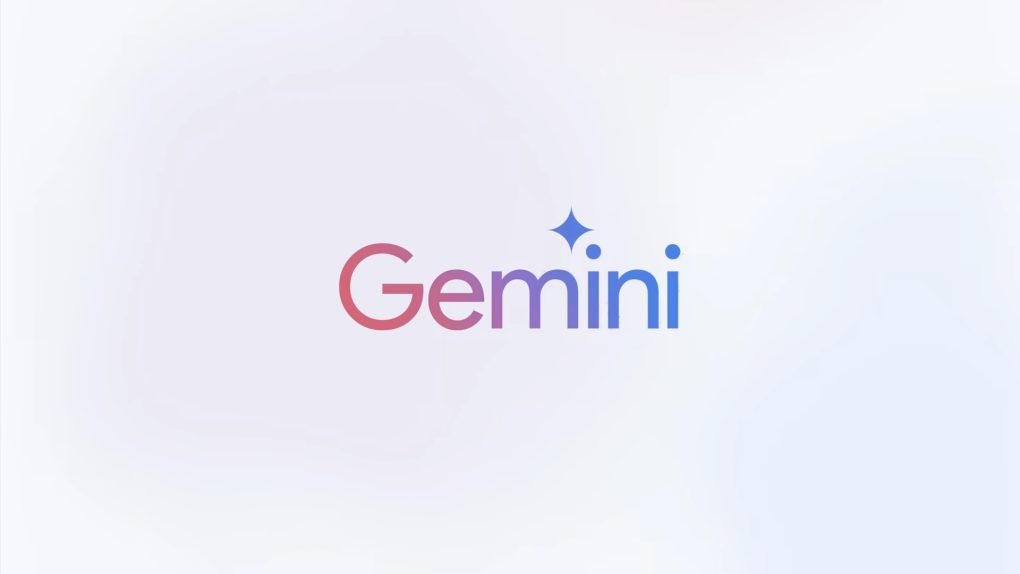Why Google’s AI Product Names Are Causing Confusion

In the world of AI, where clarity and confidence should drive adoption, Google seems determined to test just how confusing a product lineup can get. At this year’s Google I/O developer conference, the tech giant unveiled a sprawling array of AI tools and services. There was just one problem: nobody could keep the names straight.
From Gemini Advanced (formerly Bard) to Gemini Pro 1.5, Gemini Nano, Gemini Live, and Gemini in Chrome, Google’s AI ecosystem has morphed into a baffling mess of similarly named products with overlapping capabilities. Throw in Project Astra, Google Beam, Deep Search, Veo, Imagen, Lyria, Flow, and Jules, and it becomes almost impossible to understand what does what—or if some tools even differ at all.
The Gemini That Ate Everything
The rebranding of Bard to Gemini was supposed to mark a new era of AI for Google. It was meant to consolidate and unify Google’s AI efforts under a single name—one that could stand against ChatGPT, Copilot, and Claude. But instead of simplifying its strategy, Google fractured Gemini into so many sub-brands that even seasoned tech watchers are having trouble keeping up.
Let’s break down the current Gemini confusion:
-
Gemini Advanced: This is Google’s premium AI offering, available through the new subscription plan Google One AI Premium. It’s what used to be Bard, but supercharged.
-
Gemini Pro 1.5: A more powerful model available for developers and enterprise customers.
-
Gemini in Chrome: AI assistance directly within the Chrome browser—but don’t mix it up with AI Mode in Search, which is something else entirely.
-
Gemini Live: An interactive, voice-based version of Gemini that lets you point your phone at things and talk about them in real time.
To the average user, the differences aren’t just unclear—they’re impenetrable.
Too Many Names, Too Little Strategy
Google isn’t new to name chaos. Anyone who remembers the company’s long history of chat apps—Hangouts, Allo, Duo, Meet, Chat—knows this déjà vu all too well. What’s different this time is the pace and stakes: Google is shipping AI features at breakneck speed in an arms race with OpenAI and Microsoft. But in this scramble, it’s neglecting one critical element: coherence.
Naming conventions should help customers navigate complex technologies, not leave them scratching their heads. Unfortunately, that’s exactly what’s happening. Project Astra, another shiny new name, is supposedly Google’s next-generation multimodal assistant. But so is Gemini. So is Google Lens, kind of. And then there’s Search Live, which lets users ask questions about real-world objects via their phone cameras—again, something Gemini Live also claims to do.
The Branding Backfire
Here’s what’s most ironic: Google is a company synonymous with simplicity. “Just Google it” became a verb because of the search engine’s elegance. Yet now, the AI branding feels more like a tech startup’s worst pitch deck than a coherent platform.
Instead of reinforcing trust and usability, the names are creating cognitive overload. Gemini isn’t one product—it’s a universe. One that requires a map and a glossary. If Google’s goal was to make Gemini as recognizable as ChatGPT, it’s going about it the wrong way. The average user doesn’t want to decode a taxonomy—they just want to know: “What does this thing do, and why should I use it?”
Why It Matters
This isn’t just a branding faux pas—it’s a user experience issue. With AI tools becoming more integrated into our daily lives, trust and clarity are vital. If users can’t figure out what each product does or whether it’s included in their subscription, they won’t use it—or worse, they’ll switch to a competitor that offers a clearer pitch.
Google’s AI ambitions are massive. But even the most powerful models will struggle to gain traction if people can’t understand their purpose. Worse yet, the current naming conventions may undermine confidence in Google’s ability to deliver AI tools that feel reliable and well-integrated.
What Google Needs to Do
If Google wants to maintain its lead in the AI race, it needs to start thinking less like a research lab and more like a consumer brand. That means:
-
Unifying the Gemini brand: Gemini should mean one thing. If there are multiple tiers or versions, they need to be clearly delineated—think “Gemini Basic” vs. “Gemini Pro” vs. “Gemini Enterprise,” for example.
-
Simplifying related tools: Stop introducing new names like Astra, Beam, and Jules unless absolutely necessary. If the tools live within the Gemini ecosystem, give them context under that umbrella.
-
Transparency through documentation: Google’s developer and support documentation needs to improve dramatically. Users—especially enterprise users—need to know what each product does and where the boundaries are.
-
Dedicated AI homepage: A single landing page for all of Google’s AI offerings could help make the web of products feel like a suite, rather than a scattered set of experiments.
The Bottom Line
AI is the most significant shift in Google’s product strategy since search itself. But in its haste to innovate, the company has forgotten that innovation means little if users are left confused and overwhelmed.
Gemini might be powerful. Astra could be groundbreaking. But unless Google makes it easy for people to understand what these tools are and how they fit together, it risks alienating the very users it hopes to empower.
In short: Google, it’s time to simplify. Before we all lose our DeepMinds trying to figure this out.
